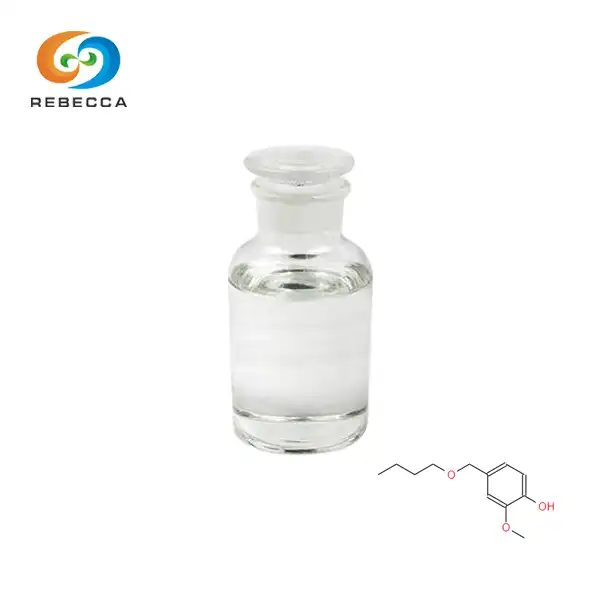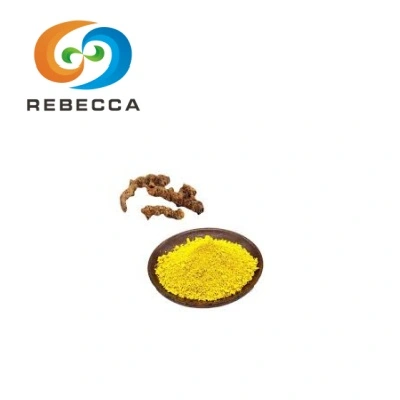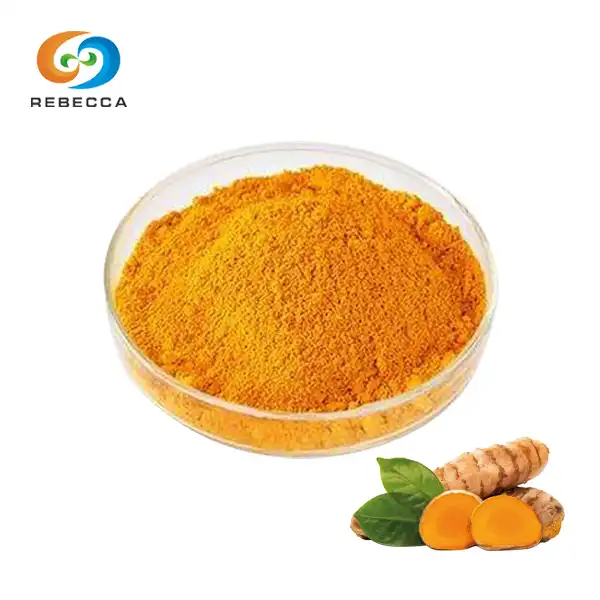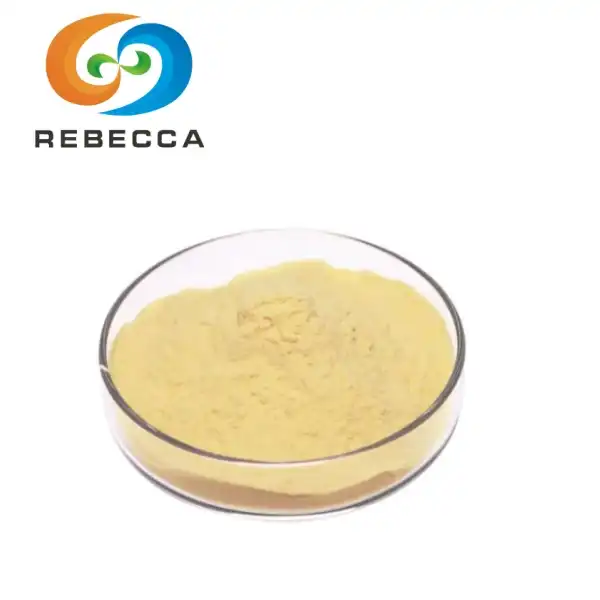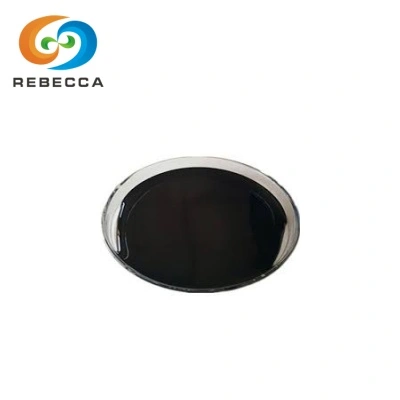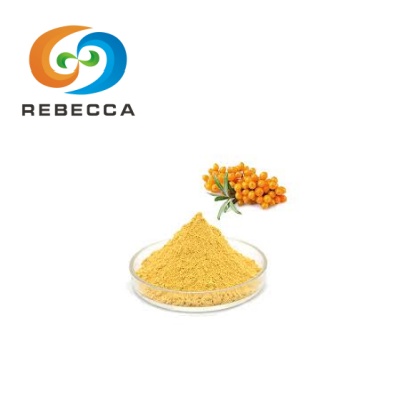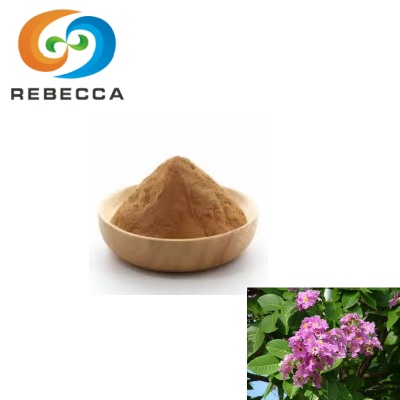What is berberine hcl used for?
Berberine HCL, a potent bioactive compound extracted from various plants, has gained significant attention for its diverse health applications. This natural alkaloid is primarily used to support metabolic health, particularly in managing blood sugar levels and promoting weight loss. Its versatility extends to cardiovascular benefits, including cholesterol regulation and blood pressure control. As research progresses, scientists are uncovering its potential in gut health, neuroprotection, and even cancer prevention, making become a sought-after ingredient in the health and wellness industry.
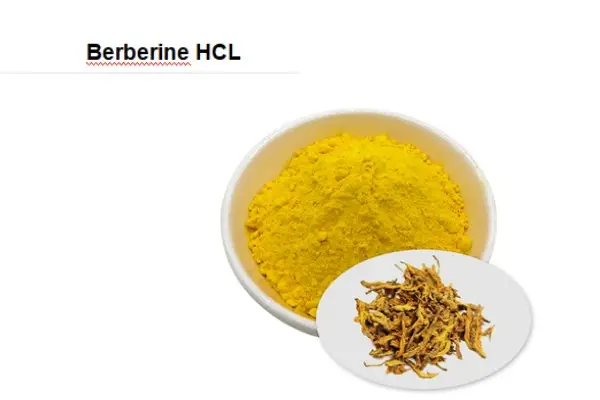
【English name】: Berberine HCL
【Latin Name】: Cortex Phellodendri Chinensis.
【CAS No.】: 633-65-8
【Molecular Formula】: C20H18ClNO4
【Active ingredients】: Berberine,phellodendrine,magnoflorine, jatrorrhizine,palmatine etc.
【Specification】: 97%
【Use Part】 : Bark
【Appearance】: Yellow crystalline powder
【Mesh size】:80 Mesh
【Test Method】: HPLC,Titration Test
Metabolic Health: Berberine HCL's Primary Function
Berberine HCL for blood sugar management
Berberine HCl has shown remarkable efficacy in blood sugar management, making it a valuable tool for individuals concerned about their glucose levels. This natural compound works by activating an enzyme called AMP-activated protein kinase (AMPK), which plays a crucial role in regulating cellular energy. By stimulating AMPK, berberine HCl enhances glucose uptake in cells, effectively lowering blood sugar levels.
Studies have demonstrated that berberine HCl can be as effective as some conventional medications in reducing fasting blood glucose and HbA1c levels. Its ability to improve insulin sensitivity further contributes to its blood sugar-lowering effects. For those seeking a natural approach to blood sugar control, it offers a promising option backed by scientific research.

Weight loss benefits
In addition to its blood sugar-regulating properties, berberine HCl has shown potential in supporting weight loss efforts. The compound's impact on metabolism and fat storage makes it an intriguing option for those looking to manage their weight naturally. It may help reduce body weight and body mass index (BMI) by inhibiting fat cell development and enhancing fat burning.
Moreover, its ability to regulate lipid metabolism contributes to its weight loss benefits. By promoting the breakdown of fats and reducing fat accumulation, this natural compound can support overall weight management goals. While not a magic solution, it can be a valuable addition to a comprehensive weight loss strategy that includes a balanced diet and regular exercise.

Improving insulin sensitivity with Berberine HCL
One of the key mechanisms behind berberine HCl's metabolic benefits is its ability to enhance insulin sensitivity. Insulin resistance, a condition where cells become less responsive to insulin, is a common precursor to type 2 diabetes and other metabolic disorders. Berberine HCl helps combat this by increasing the expression of insulin receptors on cell surfaces, allowing for more efficient glucose uptake.
By improving insulin sensitivity, berberine HCl not only supports better blood sugar control but also promotes overall metabolic health. This enhanced insulin function can lead to improved energy utilization, reduced inflammation, and better overall cellular function. For individuals concerned about their metabolic health, incorporating berberine HCl into their wellness routine may offer significant benefits in managing insulin sensitivity and related metabolic parameters.

Cardiovascular Benefits
Berberine HCL's impact on cholesterol levels
Berberine HCl has demonstrated significant potential in managing cholesterol levels, making it a valuable component in cardiovascular health strategies. This natural compound works by inhibiting an enzyme called PCSK9, which plays a role in regulating LDL (low-density lipoprotein) cholesterol levels. By reducing PCSK9 activity, berberine HCl helps lower LDL cholesterol, often referred to as "bad" cholesterol.
Studies have shown that berberine HCl can effectively reduce total cholesterol, LDL cholesterol, and triglyceride levels while increasing HDL (high-density lipoprotein) cholesterol, known as "good" cholesterol. This balanced approach to lipid management makes berberine HCl an attractive option for those looking to support their cardiovascular health naturally. Its cholesterol-regulating effects are comparable to some conventional medications, offering a potential alternative or complementary approach to traditional lipid management strategies.
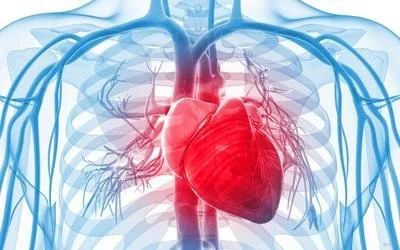
Blood pressure regulation
In addition to its cholesterol-lowering properties, it has shown promise in helping regulate blood pressure. This multifaceted compound supports cardiovascular health by promoting the relaxation of blood vessels, a process known as vasodilation. By enhancing the production of nitric oxide, a molecule that helps blood vessels dilate, HCl may contribute to lower blood pressure levels.
Furthermore, its ability to modulate the renin-angiotensin-aldosterone system (RAAS) also plays a role in blood pressure regulation. This system is crucial in maintaining blood pressure and fluid balance in the body. By influencing RAAS, berberine HCl may help maintain healthy blood pressure levels, supporting overall cardiovascular function.

Reducing inflammation for heart health
Chronic inflammation is a known risk factor for cardiovascular disease, and berberine HCL's anti-inflammatory properties make it a valuable ally in promoting heart health. This natural compound has been shown to reduce the production of pro-inflammatory cytokines and increase the levels of anti-inflammatory molecules in the body. Modulating the inflammatory response may help protect against the development and progression of cardiovascular issues.
Moreover, its antioxidant effects contribute to its heart-protective properties. Neutralizing harmful free radicals and reducing oxidative stress, it helps maintain the integrity of blood vessels and cardiac tissue. This dual action of reducing inflammation and oxidative stress makes berberine HCl a comprehensive approach to supporting cardiovascular health, offering potential benefits beyond just cholesterol and blood pressure management.

Emerging Research: Novel Applications of Berberine HCL
Berberine HCL's potential in gut health
Recent research has unveiled its promising role in supporting gut health. This natural compound has shown the ability to modulate the gut microbiome, the complex ecosystem of microorganisms residing in our digestive tract. By promoting the growth of beneficial bacteria and inhibiting harmful pathogens, berberine HCl may help maintain a balanced gut environment.
Studies suggest that berberine HCl can improve gut barrier function, reducing intestinal permeability commonly known as "leaky gut." This effect may have far-reaching implications for overall health, as a compromised gut barrier is associated with various systemic health issues. Additionally, its anti-inflammatory properties in the gut may offer relief from digestive discomfort and support overall gastrointestinal well-being.

Neuroprotective Properties
Emerging evidence points to its potential neuroprotective effects, opening new avenues for cognitive health support. This compound has demonstrated the ability to cross the blood-brain barrier, allowing it to directly influence brain function. Berberine HCl's antioxidant and anti-inflammatory properties may help protect neurons from oxidative stress and inflammation, two key factors in cognitive decline.
Research suggests that berberine HCl may support cognitive function by enhancing neurotransmitter activity and promoting neuroplasticity, the brain's ability to form new neural connections. These effects could have implications for memory, learning, and overall cognitive performance. While more research is needed, the early findings on berberine HCL's neuroprotective properties are promising for those interested in maintaining brain health as they age.
Berberine HCl stands out as a versatile natural compound with a wide range of potential health benefits. From its primary functions in supporting metabolic health and cardiovascular well-being to its emerging applications in gut health, neuroprotection, and cellular health,

Berberine HCL Powder Supplier
Shaanxi Rebeccia berberine HCL specifications include: CAS No. 633-65-8, Molecular Formula C20H18ClNO4, with active ingredients including berberine, phellodendrine, magnoflorine, jatrorrhizine, and palmatine. We offer 97% purity, derived from bark, with a yellow crystalline powder appearance and 80 mesh size. For inquiries about our premium berberine hcl powder, contact us at information@sxrebecca.com.
References
- Zhang, Y., et al. (2018). "Berberine in metabolic diseases: From drug target to pharmacological effects." Acta Pharmaceutica Sinica B, 8(5), 740-754.
- Lan, J., et al. (2015). "Meta-analysis of the effect and safety of berberine in the treatment of type 2 diabetes mellitus, hyperlipemia and hypertension." Journal of Ethnopharmacology, 161, 69-81.
- Cicero, A. F., & Baggioni, A. (2016). "Berberine and Its Role in Chronic Disease." Advances in Experimental Medicine and Biology, 928, 27-45.
- Xu, J. H., et al. (2017). "Berberine protects against diet-induced obesity through regulating metabolic endotoxemia and gut barrier function." Molecular Nutrition & Food Research, 61(11).
- Jiang, Y., et al. (2015). "Effects of berberine on blood lipid profile: A systematic review and meta-analysis of randomized controlled trials." Planta Medica, 81(05), 423-434.
